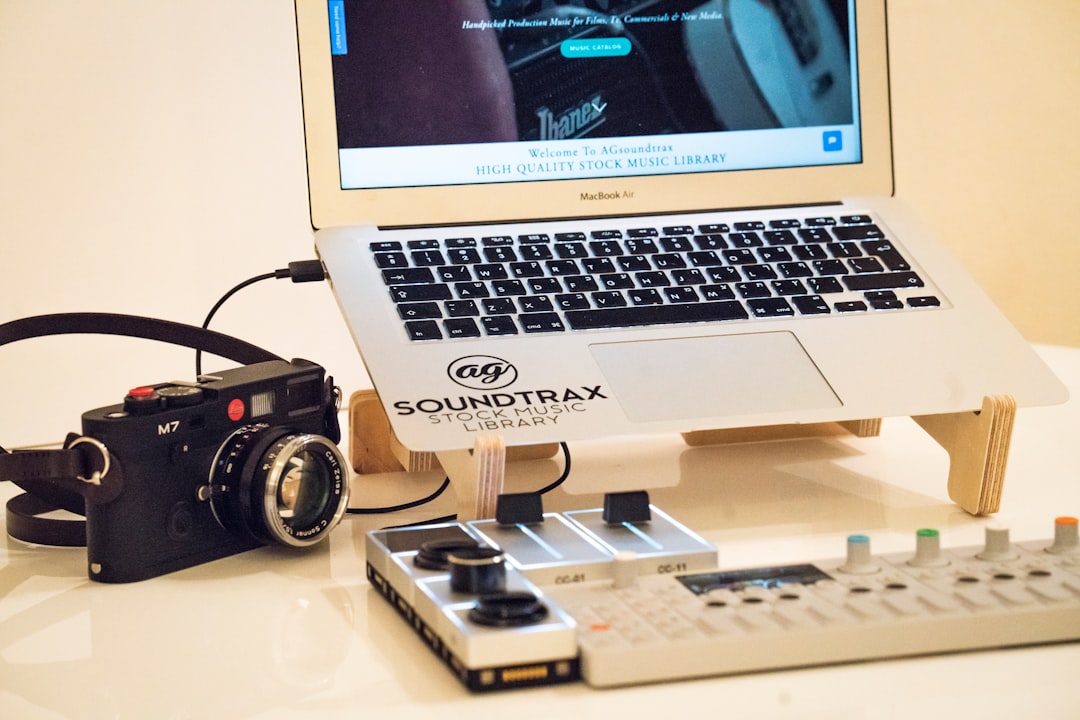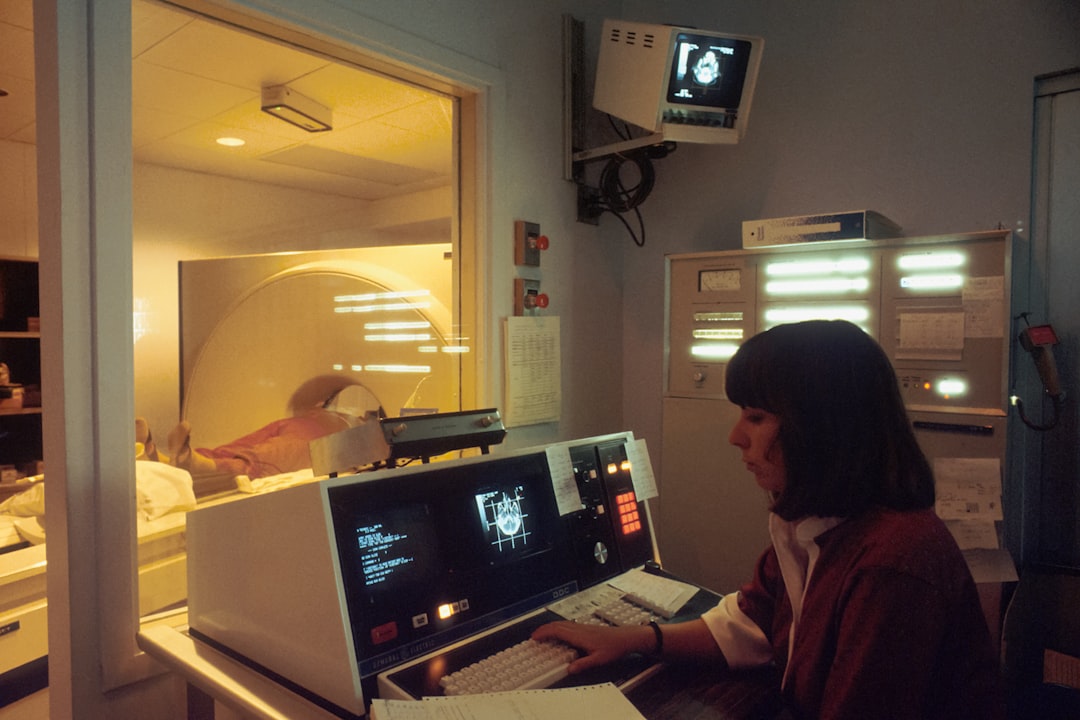Introduction
The field of dentistry has undergone significant transformations over the years, with advancements in technology playing a crucial role in shaping the industry. One such innovation that has revolutionized the way dental professionals learn, practice, and interact with patients is Dental Anatomy VR (Free demo). In this article, we will delve into the history of Dental Anatomy VR (Free demo), from its humble beginnings as a research tool to its current status as a global dental visualization platform.
Early Beginnings: The Research Phase
Dental Anatomy VR (Free demo) was first conceived in the early 2000s as a research project aimed at creating a three-dimensional (3D) visualization tool for dental anatomy. The initial goal was to develop a software that could accurately recreate the complex structures of the human mouth, allowing researchers to study and analyze dental anatomy in unprecedented detail.
The research phase involved collaboration between dental experts, software developers, and engineers. The team worked tirelessly to create a robust and accurate 3D model of the human mouth, incorporating intricate details such as tooth morphology, gum tissue, and bone structure.
Evolution into a Dental Visualization Platform
As the research project progressed, the potential applications of Dental Anatomy VR (Free demo) extended beyond the research realm. The software’s capabilities in 3D visualization and simulation made it an attractive tool for dental education and training. The platform’s user-friendly interface and interactive features allowed students and professionals to explore and learn about dental anatomy in a highly engaging and immersive environment.
Open-Source and Free: A Game-Changer in Dentistry
In a bold move, the developers of Dental Anatomy VR (Free demo) decided to release the software as a free and open-source platform. This decision democratized access to advanced dental visualization technology, making it possible for dental professionals, educators, and students worldwide to utilize the software without financial constraints.
Comparison with Legacy Tools
| Feature | Dental Anatomy VR (Free demo) | Legacy Tools |
|---|---|---|
| 3D Visualization | Advanced 3D modeling and simulation | 2D images and diagrams |
| Interactivity | Interactive exploration and manipulation of 3D models | Static images and limited interactivity |
| Cost | Free and open-source | Expensive and proprietary |
The table above highlights the key differences between Dental Anatomy VR (Free demo) and legacy tools. The platform’s advanced 3D visualization, interactivity, and free availability have made it a preferred choice among dental professionals and educators.
Comparison with Other Dental Software
| Feature | Dental Anatomy VR (Free demo) | Competitor 1 | Competitor 2 |
|---|---|---|---|
| 3D Modeling | Highly detailed and accurate 3D models | Basic 3D models with limited detail | No 3D modeling capabilities |
| Simulation | Advanced simulation capabilities for dental procedures | Basic simulation capabilities | No simulation capabilities |
| Cost | Free and open-source | Expensive and proprietary | Expensive and proprietary |
The table above compares Dental Anatomy VR (Free demo) with two other dental software platforms. The platform’s advanced 3D modeling, simulation capabilities, and free availability make it a superior choice in the market.
Conclusion
Dental Anatomy VR (Free demo) has come a long way since its inception as a research project. From its early beginnings to its current status as a global dental visualization platform, the software has revolutionized the way dental professionals learn, practice, and interact with patients. Its advanced 3D visualization, interactivity, and free availability have made it a game-changer in the industry.
As the field of dentistry continues to evolve, Dental Anatomy VR (Free demo) is poised to remain at the forefront of innovation, providing dental professionals with the tools they need to deliver exceptional patient care.




